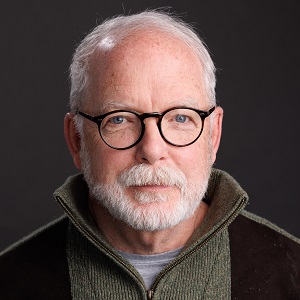A Paper by David Griffith
I have been thinking lately about the connection between an organization’s Mission, Vision, and Values, and its Leadership. One reads and hears a variety of views on the subject these days, and the current political environment in the country only sharpens the discussions. Muddy Boots has always been about these topics, and what does it look like when it is “right,” and how does one practice and participate in and on the best practices of Mission, Vision, Values, and the corresponding leadership?
Mission, as I define it, is what an organization does. At its core, what is it that you do? For all your stakeholders. I view stakeholders as customers, employees, employee families, alumni, vendors, suppliers, the community, and shareholders.
Vision, as I define it, is what it looks like when it is right, as in right for all your stakeholders.
What are the three to five core values that every decision and strategy is filtered through? Do all your stakeholders know your values and where you stand?
At ECS, a nonprofit that I led for 10 years in Philadelphia, we serve as an example. Our mission is to challenge poverty. Our vision is a world where access to opportunity is available for all. Our values are Dignity, Justice, Community, and Impact.
The critical link between Mission, Vision, and Values is the organization’s leadership. Not just the CEO, but also the board and senior management.
Where I have seen leaders excel is when the focus and behavior are on the following:
- A clear understanding and agreement with Mission, Vision, and Values. Connection with all the stakeholders.
- A commitment to Muddy Boots, as in they go into the field and listen to customers, employees, stakeholders, and industry leaders.
- The creation of a 3–5-year strategy to move the organization forward and a toolbox that looks at data and adjusts the plan in the face of change. Adjust the strategy, but not the mission, vision, or values.
- Is relentless on talent.
- Is a coach with their team. Asks great questions, gives credit, and listens. Speaks last in meetings. Creates accountabilities for all.
- Represents the organization.
- Give credit when it goes well and own it when it does not.
- Lives by the Values of the organization.
- Understands that the real skill is to see ahead and react, what I call Radar.
- Have a board/advisor/stakeholder group that can problem-solve and bring value to any challenge.
The link is where the magic happens. An organization I now work with, Delaware Valley Family Business Center, focuses on family businesses, and they describe that link using a 5 MOUNTAIN® model.
The mountains are comprised of Family, Management, Advisors, Board, and Shareholders. The leadership team and senior leaders must serve as the link between the organization, its stakeholders, and its mission, vision, and values.
When I see it work, the links are clear. Conditions can change, strategies can be adjusted, but the relentless focus on what we do, how we do it, and what lines we won’t cross, combined with building a talented team that can execute and respond, is both the simple and complex work of any successful organization.
So, look in the mirror. This is what good organizations and good leaders do every day. Is their clarity linked to all that you do? What is your purpose? What is your strategy? What is your mission, vision, and values? Do you have the talent? How do you stack up to an honest and transparent scorecard?
Be the link.

